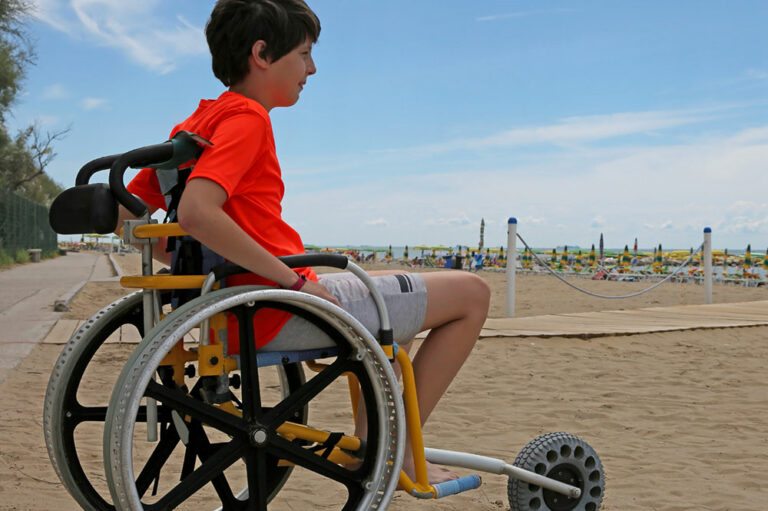
health
11 warning signs of amyotrophic lateral sclerosis
Amyotrophic Lateral Sclerosis (ALS) is a rare neurodegenerative neuromuscular disorder. It warrants early recognition for effective intervention. In 2017, WHO noted that there were more than 31,000 ALS patients living in the country. Also, an average of 5,000 patients were diagnosed with the complex condition each year. Also known as Lou Gehrig’s disease, this condition is still being researched in order to find a cure. However, the absence of one makes early detection and treatment crucial. Signs and symptoms of ALS Muscle weakness At the onset of ALS, muscle weakness emerges, primarily affecting the limbs. Simple tasks like gripping objects, climbing stairs, or rising from a seated position become progressively arduous. Over time, this weakness extends, encompassing broader muscle groups, and gradually impeding daily activities. Difficulty in speaking and swallowing ALS is characterized by progressive weakening of the muscles responsible for speech and swallowing. Initially, individuals may notice slurred speech. Swallowing becomes increasingly challenging and may lead to issues with food and liquid intake. This not only hinders communication but also elevates the risk of malnutrition and aspiration. Muscle twitches and cramps ALS manifests with persistent muscle twitches, also known as fasciculations, and cramps. These involuntary contractions, often visible beneath the skin, can be both discomforting and distressing.







